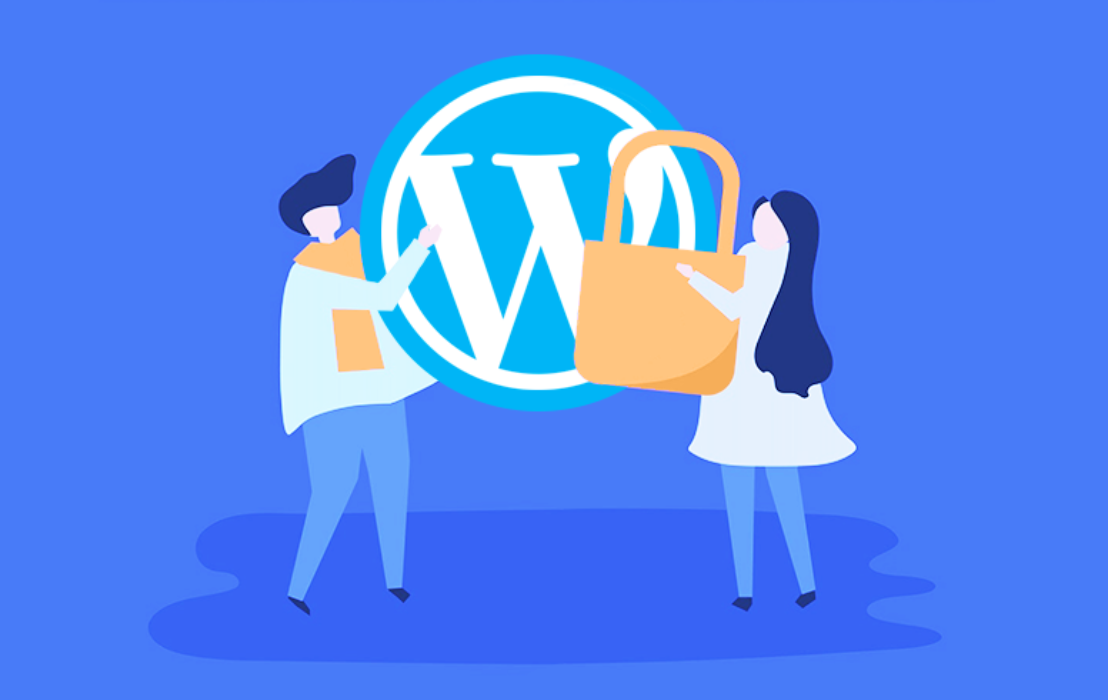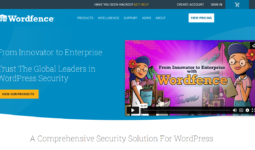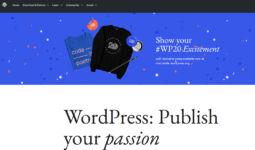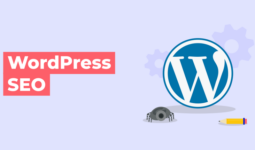WordPress is an incredibly popular platform for building websites and blogs, and for good reason. It’s user-friendly, flexible, and can be customized to suit a wide range of needs. However, with its popularity comes a set of unique challenges that WordPress builders need to address. In this article, we’ll look at some of the most important problems that WordPress builders care about, and explore how they can be tackled.
Security
One of the biggest concerns for any website builder is security. WordPress is a frequent target for hackers, who exploit vulnerabilities in outdated themes, plugins, and other software. To stay secure, WordPress builders must be proactive in protecting their websites. This means staying up-to-date with the latest security patches, using strong passwords, and limiting user access. Builders should also consider installing SSL certificates, which encrypt data sent between the website and its users, and using security plugins like Wordfence or Sucuri.
Performance
Another key concern for WordPress builders is performance. A slow-loading website can harm the user experience and deter visitors from returning. Builders must optimize their websites to ensure fast and responsive loading times. This involves a number of tactics, including optimizing images, using caching and compression techniques, and choosing a reliable hosting provider. A content delivery network (CDN) can also be used to distribute website content across multiple servers, reducing load times for users in different geographic locations.
Compatibility
With so many different devices and browsers in use today, compatibility is a major concern for WordPress builders. A website that works well on one device or browser may not work well on another. To ensure that their website is compatible with as many devices and browsers as possible, builders must test and debug their website on different devices and browsers. This involves using browser emulators or physical devices to test their website on different screen sizes, resolutions, and operating systems. Tools like BrowserStack or Sauce Labs can help automate this process.
SEO
Search engine optimization (SEO) is critical for any website builder who wants their website to be discovered by users through search engines like Google or Bing. To optimize their website for search engines, builders must use relevant keywords, create high-quality content, and use SEO plugins like Yoast SEO or All in One SEO Pack. Builders should also use structured data markup to help search engines better understand their website content and improve their website’s visibility in search results.
User Experience
Last but not least, WordPress builders must ensure that their website provides a positive user experience. This involves designing the website with user needs and behavior in mind, using intuitive navigation, easy-to-use interfaces, and engaging content. Builders can use tools like Google Analytics or Hotjar to analyze user behavior on their website and make improvements accordingly.
In conclusion, WordPress builders face a range of challenges when building and maintaining their websites. Security, performance, compatibility, SEO, and user experience are all key concerns that must be addressed to ensure a successful website. By prioritizing these concerns and using best practices, WordPress builders can create websites that are both effective and user-friendly.







Leave a comment